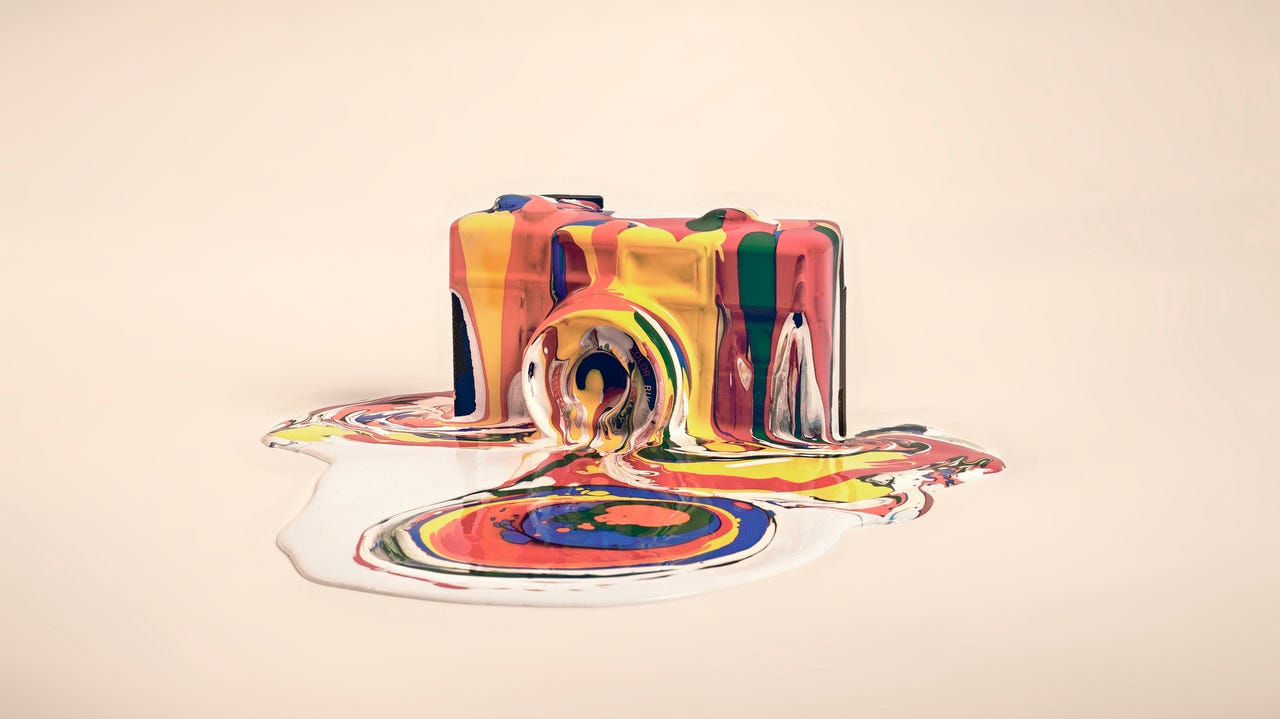
































In the age of generative artificial intelligence (AI), creating brand assets for your team or company is as easy as typing a quick and simple text prompt. Despite the added convenience, a new report shows it may not be in your best interest to do so.
On Tuesday, Getty Images released its latest VisualGPS report, "Building Trust in the Age of AI," which highlights perspectives from over 30,000 adults in 25 countries from 2022 to 2024 to provide insights into using AI-generated content in marketing.
Also: The best AI image generators of 2024: Tested and reviewed
The report overwhelmingly found that people yearn for "authentic content," with 98% of consumers agreeing that authentic images and videos are pivotal in establishing trust, 87% sharing that they consider it important for an image to be authentic, and almost 90% wanting to know whether an image is AI-generated.
The definition of "authentic" varies from person to person. According to the report, global consumers define "authenticity" in at least three ways: "something genuine, expressing one's true thoughts, feelings, and experiences; something that is not fake or counterfeit; and something that is sincere and honest."
These descriptions suggest that AI-generated images should not be avoided; rather, the report highlights that businesses should take a tactful approach to using synthetic images, and that some businesses have more to lose than others.
The report found four guidelines for marketers and communicators to keep in mind when using generative AI: knowing their audience and intent, using AI as a tool that doesn't replace human creativity, keeping authenticity as the focus, and understanding the data that AI tools were trained on.
Also: Adobe included AI-generated images in 'commercially safe' Firefly training set
For example, for industries like health care, pharmaceuticals, financial services, and travel, which have a higher expectation of trust and transparency between business and consumer, it is especially important to be thoughtful when implementing AI images, including labeling synthetic content as such. Doing so can better protect the integrity of the customer relationship, according to the report.
Additionally, if a campaign uses authenticity as a theme -- for example, highlighting real people and real connections -- the report finds that AI-generated content is not the best fit. The research also found that AI-generated renditions of non-human elements are viewed as less deceiving than synthetic representations of people or products.
Also: Sorry, you really can't disable Facebook's Meta AI tool - but here's what you can do
Lastly, the report also reminds marketers that generative AI tools have no knowledge of what is going on in the real world beyond what their datasets were trained on, and as a result, cannot -- and most importantly, should not -- replace human creativity and touch.
What does this mean for businesses trying to find the best path forward? There are plenty of tools on the market to choose from that can suit different needs. For example, if you want to ensure that the images you use are commercially licensed, you can use Generative AI by Getty Images or Adobe Firefly (although Adobe's recent snafu is worth considering). Remember to first decide whether AI-generated images make sense at all for a given campaign, and then be thoughtful in how you use them.
 Tags quentes :
Inovação
Tags quentes :
Inovação